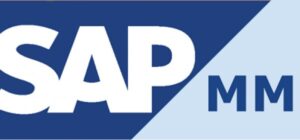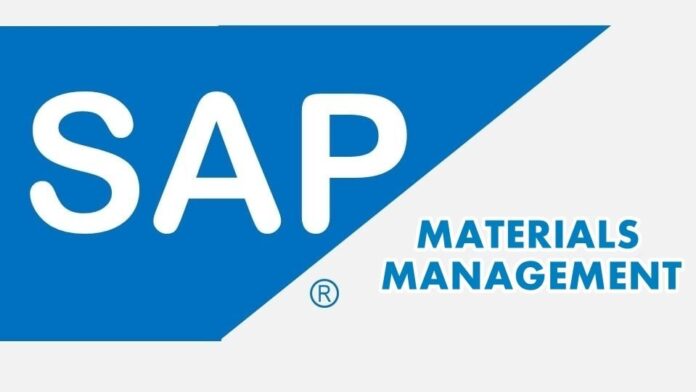SAP MM/Supply Chain
An organization’s supply chain management is the primary objective of the SAP MM (Materials Management) module of the SAP ERP (Enterprise Resource Planning) system. It is essential for streamlining the logistics, inventory management, and procurement processes. The following are some salient features of SAP MM and how it relates to the larger supply chain.
Procurement: SAP MM assists businesses in effectively managing the procurement process. It covers activities including choosing a vendor, creating a buy requisition, managing purchases, and receiving items.
Inventory management: With the help of SAP MM, businesses can monitor and control their inventory levels in real time. This contains tools for stock transfers, inventory optimization, and material appraisal.
Material Master Data: It keeps a central database of material master data, which includes details about the materials, suppliers, and purchasing policies. Several supply chain procedures depend on this data.
Verification of Invoices: SAP MM makes it simple to compare incoming invoices to purchase orders and goods receipts. This aids in cost management and precise payment processing.
Despite SAP MM’s primary focus on materials management, it interfaces with other SAP modules like SAP WM (Warehouse Management) to improve warehouse operations and logistics.
Supplier Relationship Management (SRM): SAP SRM, which supports organizations in managing their relationships with suppliers, is closely tied to SAP MM. It has tools for collaborating with and evaluating suppliers.
Integration with Other SAP Modules: To provide seamless coordination between the operations of procurement, production, and sales, SAP MM is integrated with other SAP modules such as SAP SD (Sales and Distribution) and SAP PP (Production Planning).
SAP MM offers reporting and analytics solutions to analyze inventory and procurement data, assisting businesses in making wise decisions.
SAP MM is but one component of the larger supply chain puzzle. To support full supply chain management, it communicates with other SAP modules and outside platforms. Organizations frequently deploy extra SAP modules like SAP SCM (Supply Chain Management) or SAP APO (Advanced Planning and Optimization) for a more thorough approach to supply chain management.
Enhancing efficiency, cutting costs, optimizing inventory levels, strengthening supplier relationships, and eventually delivering goods to clients in a timely and cost-effective manner are the objectives of SAP MM and supply chain management as a whole.



































